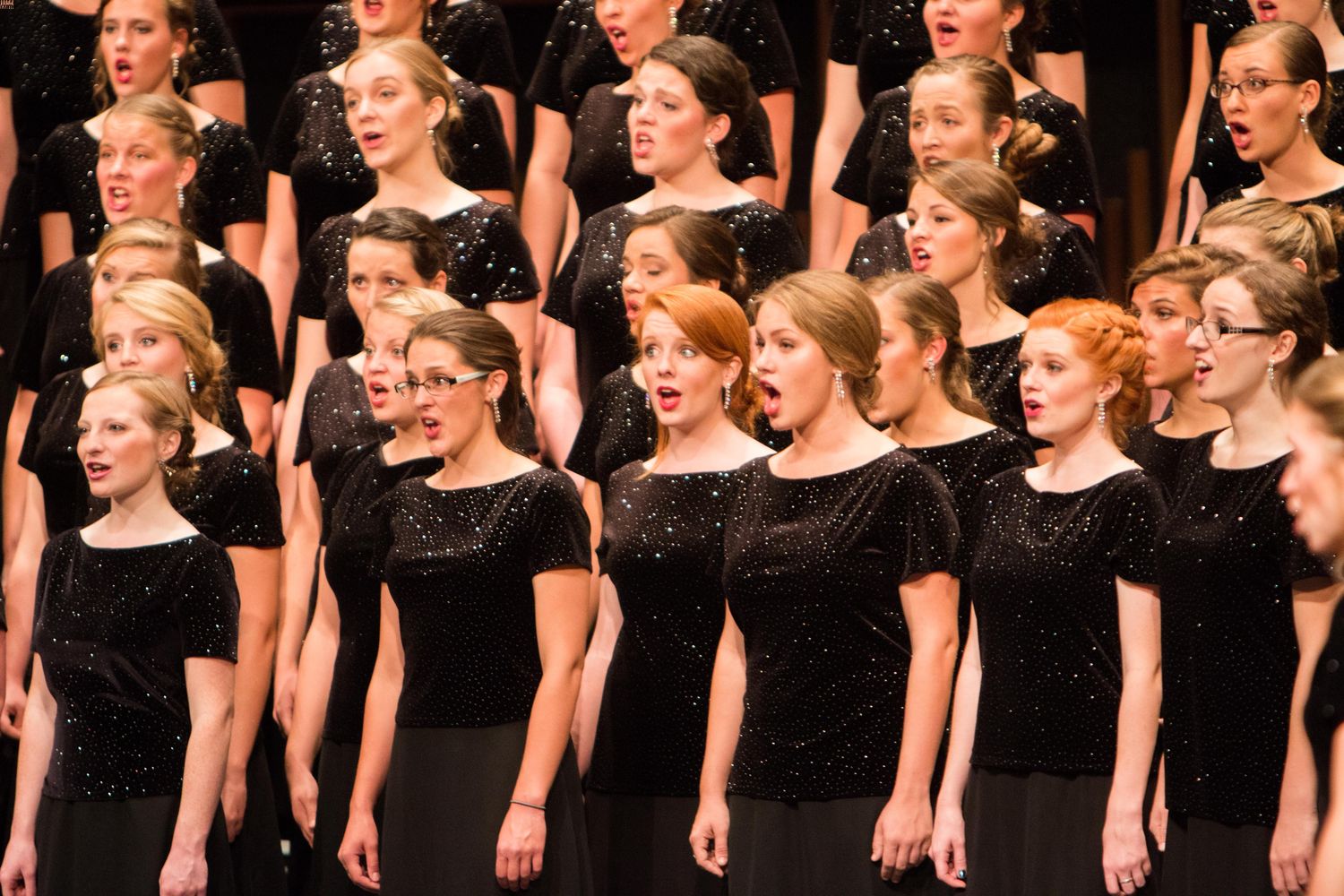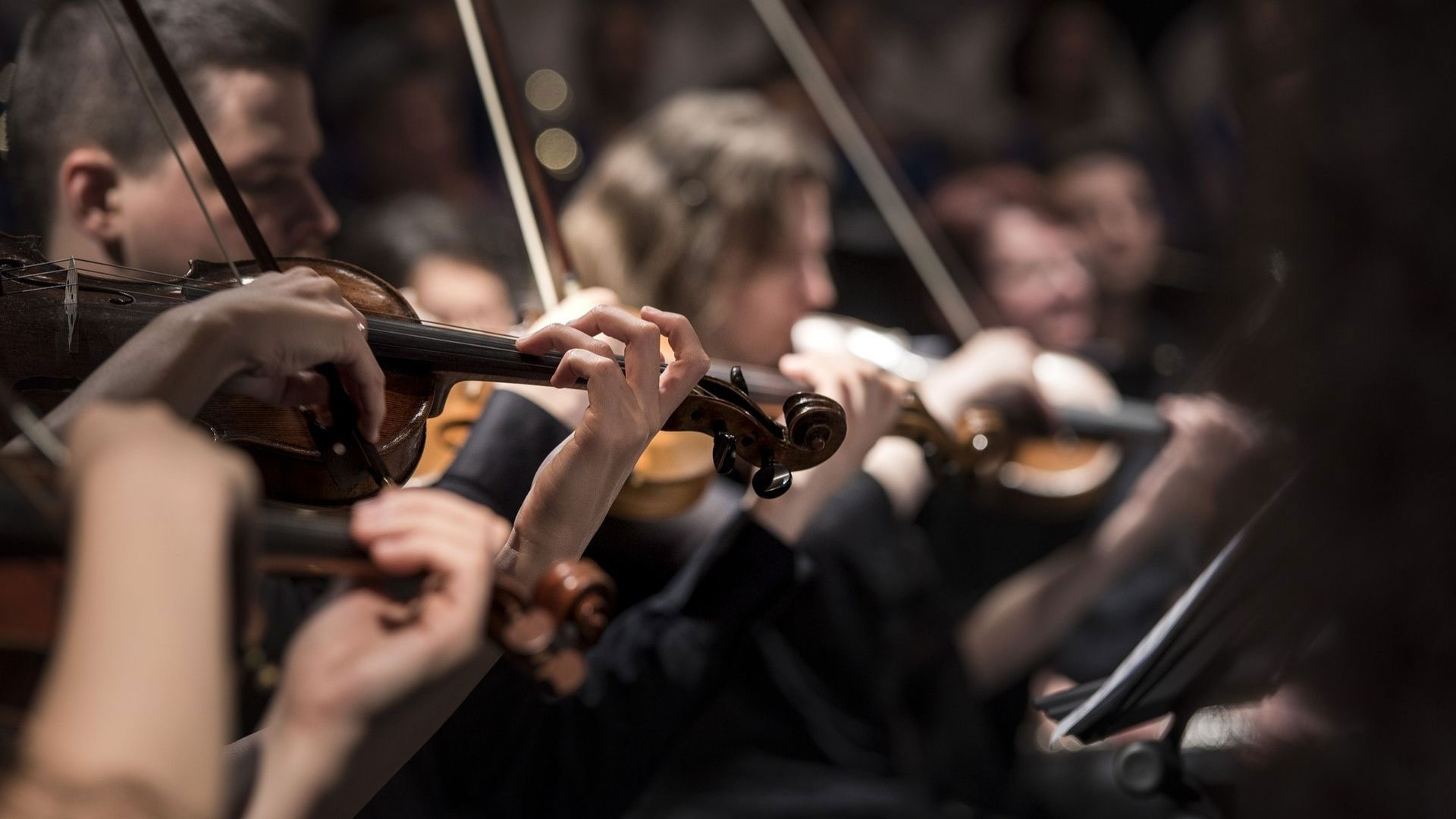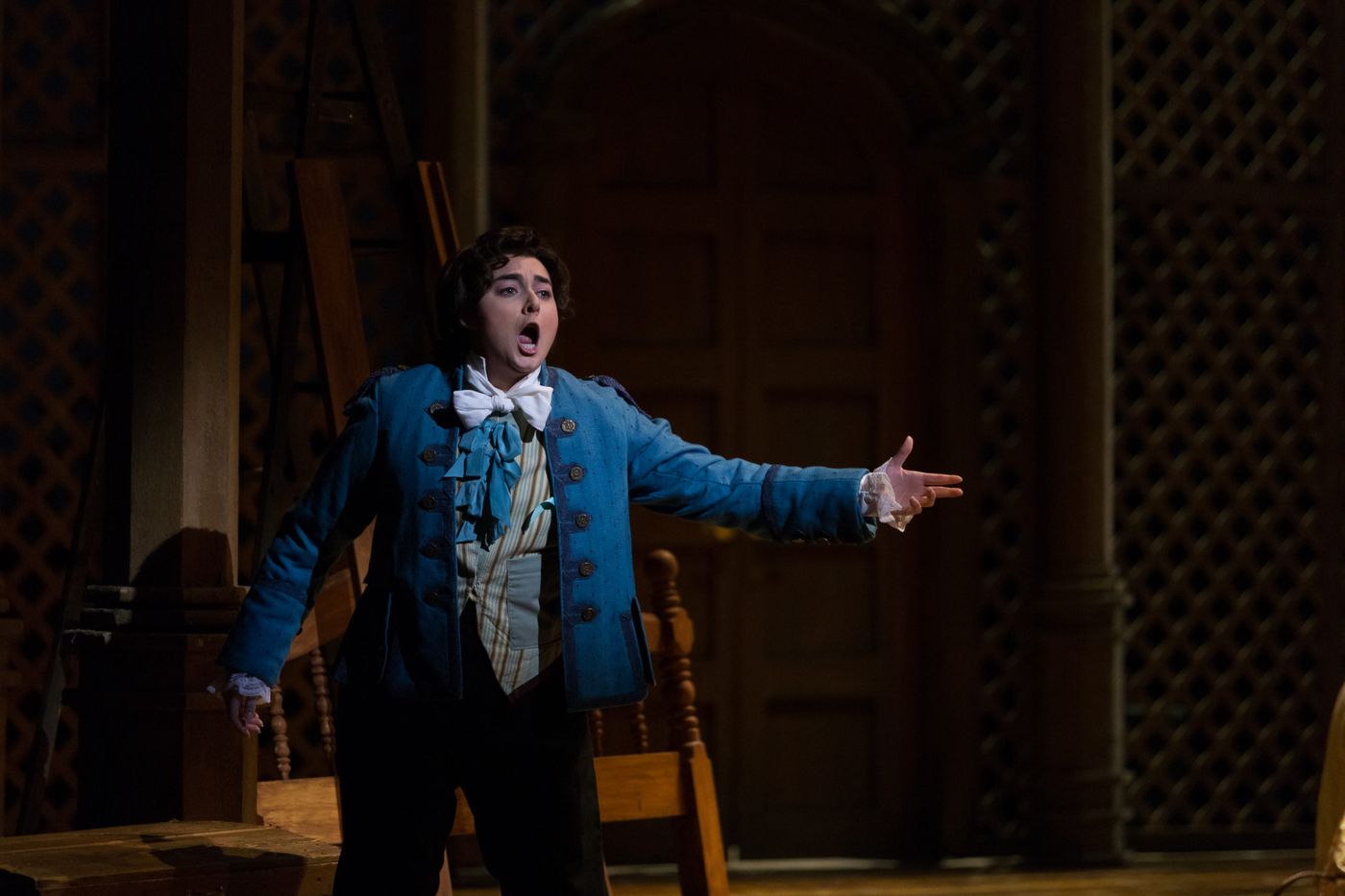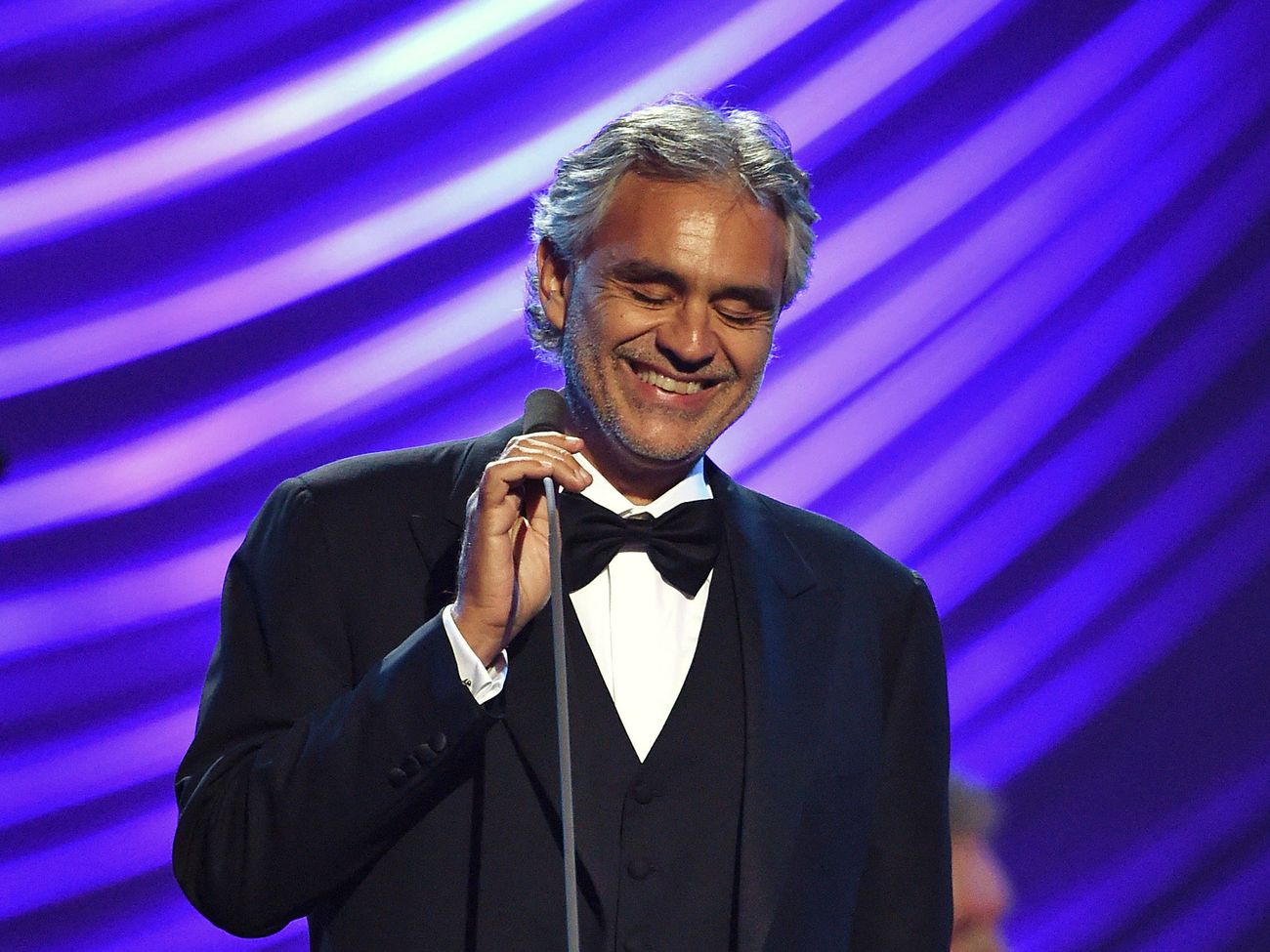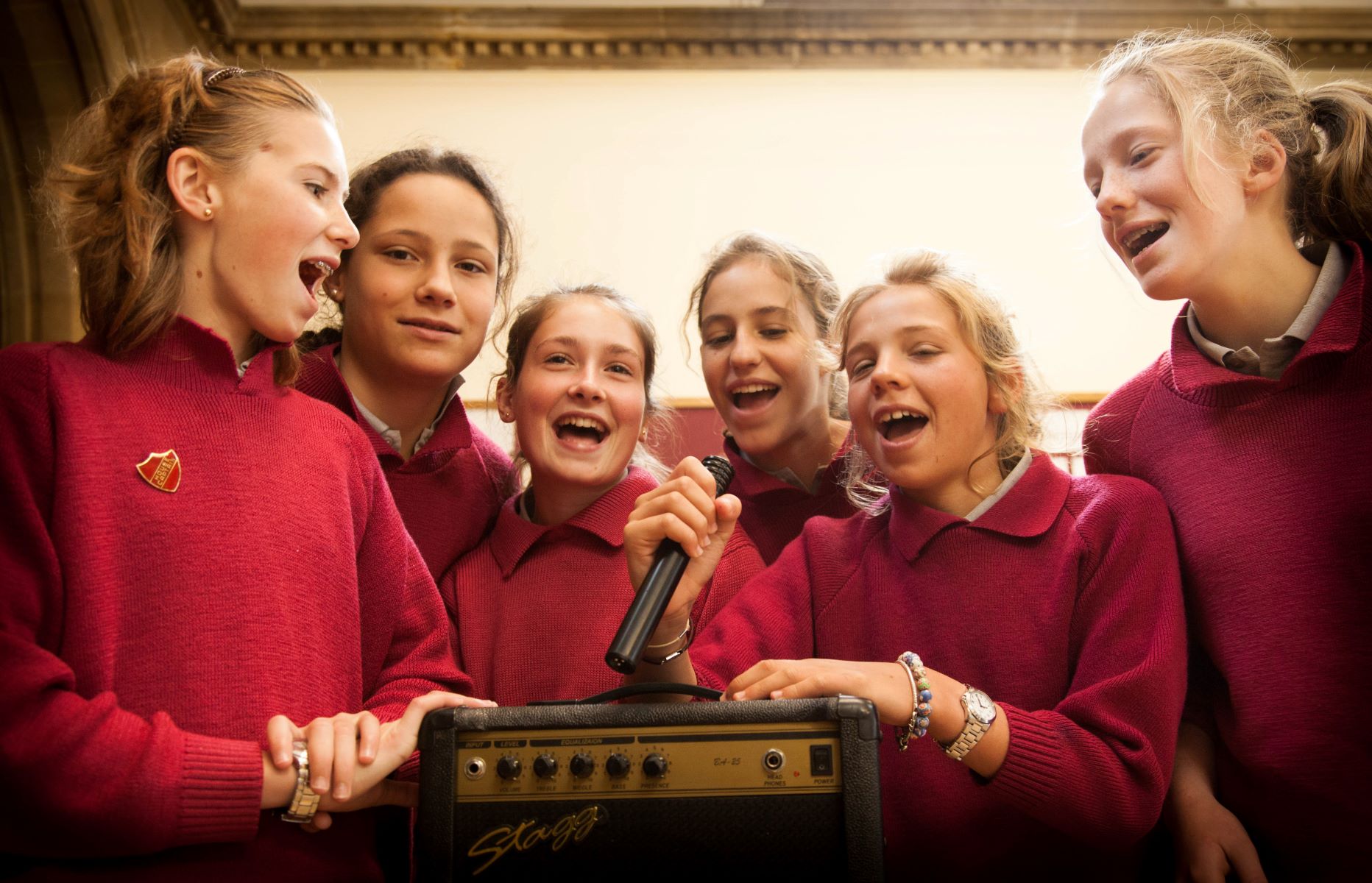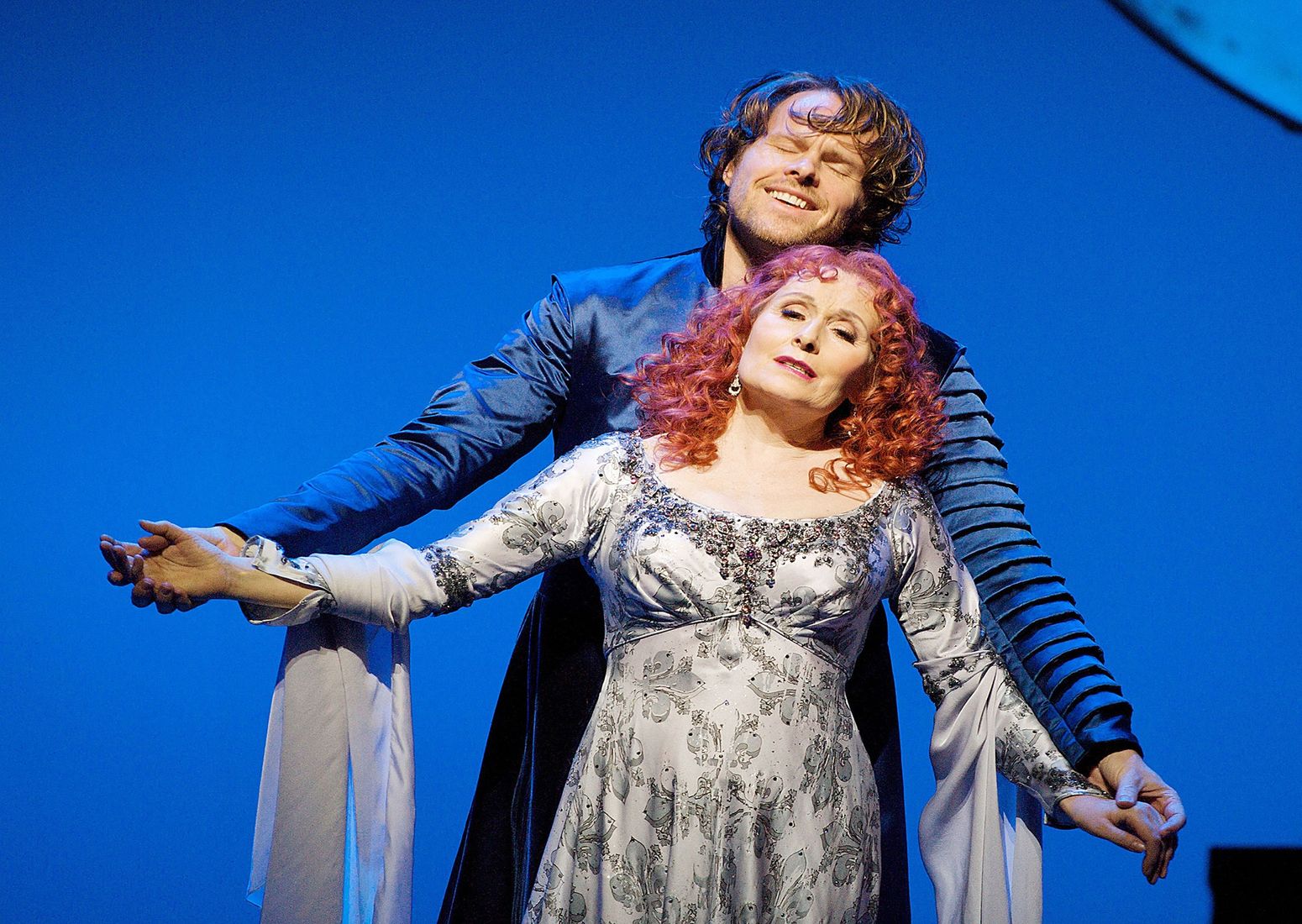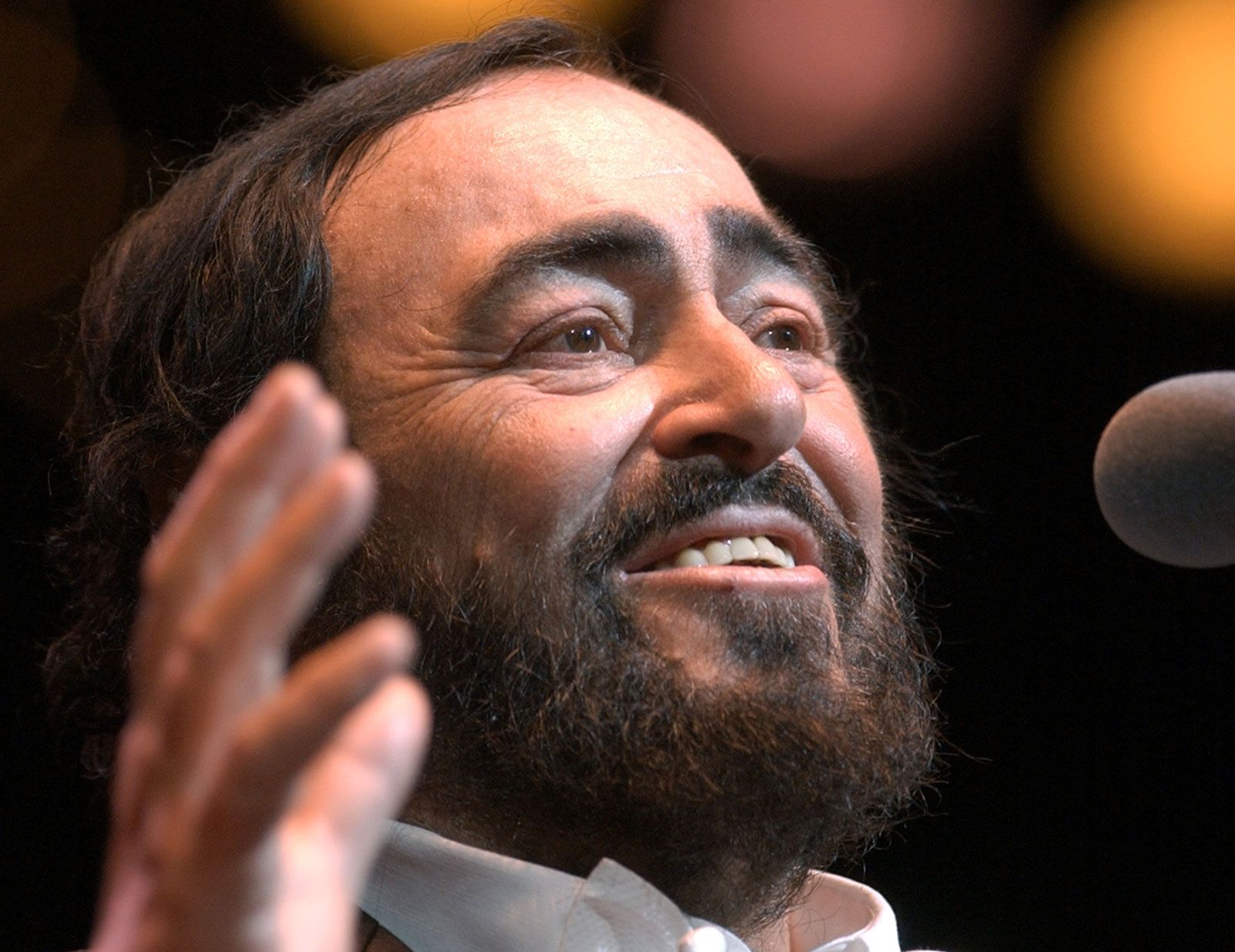Home>Events & Info>Opera>What Language Opera Singers Sing
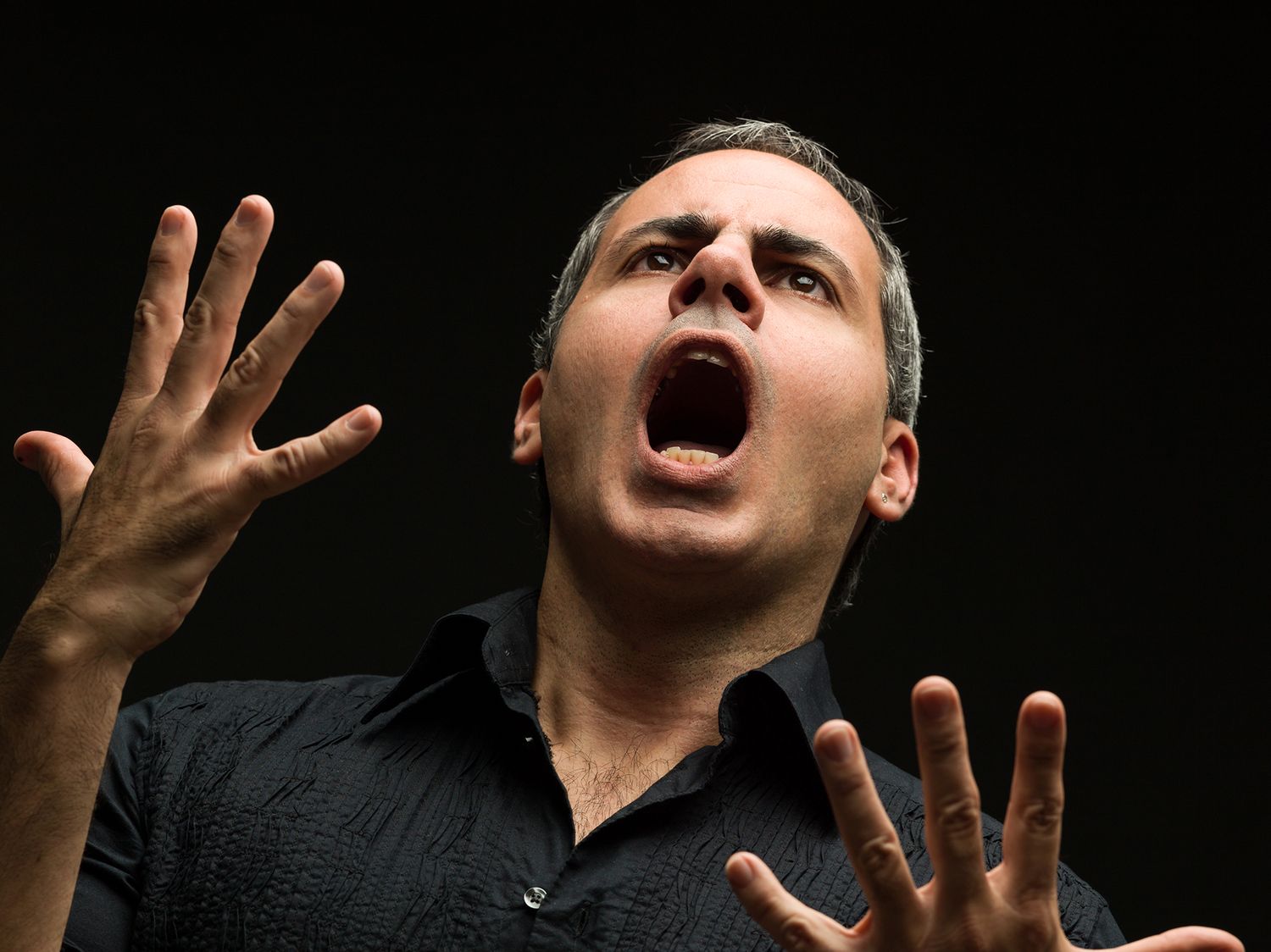

Opera
What Language Opera Singers Sing
Published: January 6, 2024
Discover the beautiful language of opera as talented singers showcase their vocal skills through a passionate blend of music, drama, and emotions. Explore the captivating world of opera today!
(Many of the links in this article redirect to a specific reviewed product. Your purchase of these products through affiliate links helps to generate commission for AudioLover.com, at no extra cost. Learn more)
Table of Contents
Introduction
Opera, as a form of artistic expression, combines music, drama, and visual spectacle to create a captivating experience. It is a unique art form that transcends language barriers, allowing audiences from diverse backgrounds to appreciate its beauty. However, language plays a pivotal role in opera, as it is through the sung text that the story unfolds and emotions are conveyed.
In the world of opera, different languages are utilized based on the country of origin and the composer’s intention. These languages not only add authenticity to the performances but also contribute to the overall artistic impact. From Italian and German to French and English, each language brings its distinct characteristics and nuances that enhance the storytelling.
Understanding the languages commonly sung in opera is essential for both performers and audiences alike. It allows singers to convey emotions accurately and enables spectators to fully immerse themselves in the narrative. In this article, we will explore the significance of language in opera and delve into the languages frequently encountered in this art form.
The Importance of Language in Opera
Language plays a crucial role in opera, as it serves as the vehicle through which the story, emotions, and themes are communicated to the audience. The right choice of language can enhance the authenticity and impact of a performance, allowing the audience to connect with the characters and the narrative on a deeper level.
One of the primary reasons language is important in opera is because it allows singers to effectively convey the emotions and intentions of the characters they portray. Singing in the language native to the opera’s setting or the composer’s original intention adds an authentic touch to the performance. When a singer is fluent in the language they are singing, they can better understand and express the nuances and subtleties of the text. This, in turn, helps the audience to more fully appreciate the emotional depth of the music and the story being told.
Furthermore, the choice of language also impacts the overall artistic impact of an opera. Different languages have distinct musical rhythms and phonetics, which can greatly influence the interpretation and delivery of the music. For example, the lyrical nature of Italian lends itself beautifully to the melodies and vocal acrobatics often found in Italian opera. On the other hand, the rich and powerful sounds of German can bring out the intensity and dramatic nature of a Wagnerian opera.
Language also plays a role in creating a sense of cultural authenticity. Opera often reflects the cultural heritage and traditions of the country in which it originated. Singing in the original language helps to preserve the cultural integrity of the work and allows the audience to experience the opera as it was intended. Whether it’s the passionate and expressive Italian operas, the dramatic and grand German works, or the elegant and refined French compositions, each language brings its own cultural nuances and artistic sensibilities that contribute to the unique flavor of the performance.
In addition to the impact on performers and authenticity, language also affects the audience’s experience. When opera is performed in the audience’s native language or a language they understand well, it eliminates the need for extensive translations or surtitles. This allows the audience to fully immerse themselves in the performance, capturing the subtleties of the text and the emotions behind the music in real-time.
In the following sections, we will explore some of the languages commonly sung in opera and their specific characteristics that contribute to the magic of this art form.
Languages Commonly Sung in Opera
Opera is a truly international art form, with a wide range of languages used throughout its history. While there are numerous languages that have been employed in opera, some languages stand out as being particularly prevalent. The most commonly sung languages in opera include Italian, German, French, and English. Let’s explore each of these languages and their contributions to the world of opera.
Italian Opera:
Italian is often considered the language of opera, as many of the most famous and beloved operas are written in this language. The lyrical nature of Italian allows for beautiful vocal melodies and expressive phrasing, making it well-suited for the emotive and dramatic elements of opera. Operas by composers such as Verdi, Puccini, and Rossini are renowned for their passionate arias and captivating storytelling, further contributing to the allure of Italian opera.
German Opera:
German operas, particularly those composed by Richard Wagner, have made a significant impact on the world of opera. The German language is known for its richness and power, perfectly complementing the intense and dramatic compositions of Wagner. The German operas often feature intricate orchestral arrangements and complex vocal lines, creating a unique and emotionally charged experience for the audience.
French Opera:
French opera is characterized by its elegance, refinement, and attention to detail. The French language lends itself well to the lyrical qualities of opera, allowing for fluid vocal lines and delicate phrasing. Operas by composers such as Bizet, Massenet, and Debussy showcase the beauty and grace of the French language, with captivating melodies and intricate storytelling.
English Opera:
While opera may be more commonly associated with languages such as Italian, German, and French, English opera has also made its mark on the art form. English operas, by composers such as Benjamin Britten and Henry Purcell, offer a distinct style and perspective. Whether it’s the fantastical world of Britten’s “A Midsummer Night’s Dream” or the historical drama of Purcell’s “Dido and Aeneas,” the English language brings its own unique charm to the operatic repertoire.
These are just a few of the languages commonly heard in opera, each with its own musical and cultural significance. From the passionate arias of Italian opera to the grandeur of German compositions, and the elegance of French works, language adds depth and authenticity to the world of opera, making it an unparalleled and captivating art form.
Italian Operas and Language
Italian opera holds a special place in the world of opera, as it is often considered the birthplace of the art form. Many of the most iconic and beloved operas were originally composed in Italian. The language itself, with its melodic nature and expressive phonetics, perfectly complements the emotional depth and storytelling of these works.
Italian opera is renowned for its passionate arias, intricate vocal ornamentation, and dramatic storytelling. Composers such as Giuseppe Verdi, Gaetano Donizetti, and Giacomo Puccini have created masterpieces that have captured the hearts of audiences around the world. Operas like Verdi’s “La Traviata,” Donizetti’s “Lucia di Lammermoor,” and Puccini’s “La Bohème” are just a few examples of the incredible works that showcase the power and beauty of the Italian language in opera.
One of the reasons Italian is so well-suited for opera is its inherent musicality. The language naturally lends itself to long, flowing vocal lines and allows the voice to soar in a way that expresses both the joy and the anguish of the characters. Italian operas often feature emotionally charged moments, and the language adds an extra layer of depth and intensity to these performances.
Furthermore, the Italian language offers a wide range of vocal colors and opportunities for expressive interpretation. The various vowel sounds in Italian enable singers to create different timbres and convey a range of emotions. The flexible and fluid nature of the language allows for dynamic phrasing and agile vocal ornamentation, allowing performers to bring their characters to life.
When it comes to understanding and appreciating Italian operas, knowledge of the language is invaluable. The ability to understand the text and its nuances enhances the overall experience for both performers and audience members. Italian operas often explore universal themes of love, tragedy, and triumph, and being able to connect with the lyrical poetry of the language adds an extra layer of emotional depth to the performances.
In the world of opera, Italian remains a cornerstone language, representing the rich and powerful history of the art form. Whether it’s the passionate melodies, the dramatic storytelling, or the expressive vocal performances, Italian operas continue to captivate audiences and remind us of the timeless beauty of the Italian language in this extraordinary art form.
German Operas and Language
German opera holds a significant place in the world of classical music, with composers like Richard Wagner and Richard Strauss creating powerful and influential works. The German language, known for its rich and robust sounds, perfectly complements the intense and dramatic nature of German operas.
German operas are often characterized by their grandiosity, complex orchestrations, and deep exploration of philosophical themes. Composers like Wagner, with his epic “Ring Cycle” and “Tristan und Isolde,” have created monumental works that continue to captivate audiences worldwide. The German language, with its nuanced pronunciations and strong consonants, enables singers to deliver the emotional depth and intensity required for these demanding roles.
The German language’s musical qualities and ability to convey deep emotions make it ideal for dramatic storytelling. Opera singers in German productions have the opportunity to explore a wide range of vocal dynamics, from thunderous fortissimos to tender pianissimos. The language’s complex phonetic structure allows for intricate vocal lines and subtle inflections, enhancing the impact of the music and lyrics.
In German opera, the language serves as a vehicle for profound expression. The natural weight and resonance of German words enable singers to convey the full range of human emotions, from love and joy to despair and anger. The German language, known for its compound nouns and complex phrases, offers a rich palette of words and expressions that capture the essence of the characters and their stories.
Understanding the German language in operatic performances is vital for both performers and spectators. It allows singers to fully grasp the nuances of the text and portray the characters with authenticity and depth. For the audience, knowing the language enables them to engage more fully with the libretto and appreciate the subtleties of the storytelling.
German opera has made a lasting impact on the classical music world, with its unique combination of emotional depth, musical grandeur, and profound storytelling. The German language, with its powerful and expressive qualities, enhances the overall experience, enveloping audiences in a world of intense emotions and operatic brilliance.
French Operas and Language
French opera has a rich and illustrious history, with composers like Georges Bizet, Jules Massenet, and Claude Debussy creating masterpieces that have left an indelible mark on the world of opera. The French language, with its elegance and refinement, adds a unique charm to these enchanting works.
In French opera, the language itself is integral to the overall artistry of the performances. The lyrical nature of the French language lends itself beautifully to the flowing melodic lines and delicate phrasing found in many French operas. Compositions such as Bizet’s “Carmen,” Massenet’s “Manon,” and Debussy’s “Pelléas et Mélisande” showcase the seamless integration of music and language, creating a harmonious and captivating experience.
French opera is renowned for its attention to detail and the meticulous craftsmanship of its composers. The French language, with its precise pronunciation and subtle nuances, allows singers to bring out the intricate musical textures and shades of emotion embedded in the music. It offers a palette of linguistic colors that can be used to convey a range of feelings, from tender and poignant to grand and triumphant.
One of the distinguishing features of French opera is its emphasis on the art of vocal declamation. French composers, inspired by the traditions of French theater, have developed a style of musical expression that is intimately connected to the natural rhythms and inflections of the French language. The language provides a framework for singers to deliver their lines with clarity and precision, enhancing the overall theatricality and impact of the performances.
The French language in opera also adds a sense of cultural authenticity. French operas often reflect the rich heritage and traditions of French culture, with stories set in historical periods or inspired by French literature. Singing in the original language preserves the cultural integrity of these works and allows the audience to fully immerse themselves in the world being portrayed on stage.
Understanding and appreciating the French language in opera enhances the audience’s experience, as it enables them to fully grasp the poetic beauty and subtleties of the libretto. Knowing the language assists in capturing the essence of the characters, their motivations, and the intricate web of relationships they navigate throughout the opera’s narrative.
French opera, with its graceful melodies, sophisticated storytelling, and refined language, continues to enthrall audiences worldwide. The French language adds a touch of elegance and artistic flair to these remarkable performances, making them a true delight for the senses.
Other Languages in Opera
While Italian, German, and French are the dominant languages in opera, there are many other languages that have been utilized in the world of this art form. These languages bring a unique cultural flavor and enrich the diversity of opera repertoire, offering audiences a glimpse into different traditions and musical styles.
Russian opera, for example, has a distinct character and has produced renowned composers like Tchaikovsky and Mussorgsky. Operas such as Tchaikovsky’s “Eugene Onegin” and Mussorgsky’s “Boris Godunov” showcase the lyrical beauty and dramatic intensity of the Russian language. The language’s strong consonant sounds and rich vocal range provide a compelling platform for storytelling and emotional expression.
Spanish opera has its own vibrant tradition, with composers like Manuel de Falla and Enrique Granados contributing significantly to the operatic repertoire. The Spanish language, with its passionate and rhythmic qualities, blends seamlessly with the fiery melodies and dramatic themes found in Spanish opera. Works such as “La Vida Breve” by Falla and “Goyescas” by Granados capture the essence of the Spanish spirit and immerse audiences in the world of Spanish culture.
Czech opera also holds a special place, with composers like Bedřich Smetana and Antonín Dvořák crafting operas in their native language. The Czech language, with its melodic qualities and soft consonants, lends itself beautifully to the expressive and enchanting music of these composers. Smetana’s “The Bartered Bride” and Dvořák’s “Rusalka” are prime examples of the captivating Czech operatic tradition.
Additionally, languages such as Polish, Hungarian, Swedish, and Finnish have also been used in opera, each bringing its distinct cultural influences and musical traditions to the table. Operas in these languages provide a unique opportunity to explore lesser-known works and experience the richness of diverse artistic expressions.
While understanding the specific languages may not be essential for enjoying these operas, it can deepen our appreciation of the cultural nuances and enhance our connection to the characters and the stories being told. Many opera houses provide translations or surtitles to ensure that audiences can follow along, regardless of the language being sung.
The inclusion of various languages in the opera repertoire not only fosters cultural diversity but also highlights the universal power of music to transcend linguistic barriers. It invites audiences to immerse themselves in different linguistic and cultural landscapes, expanding their horizons and deepening their appreciation for the art form.
Conclusion
Language is an integral part of the opera experience, serving as the vehicle through which stories are told and emotions are conveyed. From Italian and German to French and beyond, each language brings its own unique characteristics and cultural nuances to the world of opera, enhancing the overall artistic impact. Understanding the languages commonly sung in opera enables performers to fully embody their characters and allows audiences to connect more deeply with the music and narrative.
Italian opera, with its passionate arias and expressive melodies, holds a special place in the opera repertoire. The lyrical nature of the Italian language, combined with its melodic properties, creates a seamless union of music and words. German opera, on the other hand, evokes grandeur and intensity, with its powerful and dramatic compositions that reflect the depth of the German language. French opera, with its elegance and refinement, adds a touch of sophistication and poetic beauty to the art form.
Beyond the dominant languages, other languages such as Russian, Spanish, Czech, and more have contributed to the rich tapestry of opera. These languages bring their own cultural flavors and musical traditions, offering audiences a diverse range of experiences and perspectives. While understanding the languages sung in opera is not necessary for appreciation, it allows for a deeper connection and understanding of the nuances within the music and libretto.
In conclusion, language in opera serves as a powerful tool for storytelling, emotion, and cultural expression. Whether through the passionate arias of Italian opera, the intense dramas of German opera, or the refined elegance of French opera, each language contributes to the magic and universal appeal of this magnificent art form. As audiences, embracing and exploring the various languages sung in opera allows us to fully engage with the music, immerse ourselves in different cultures, and truly appreciate the depth and beauty of this timeless art form.

